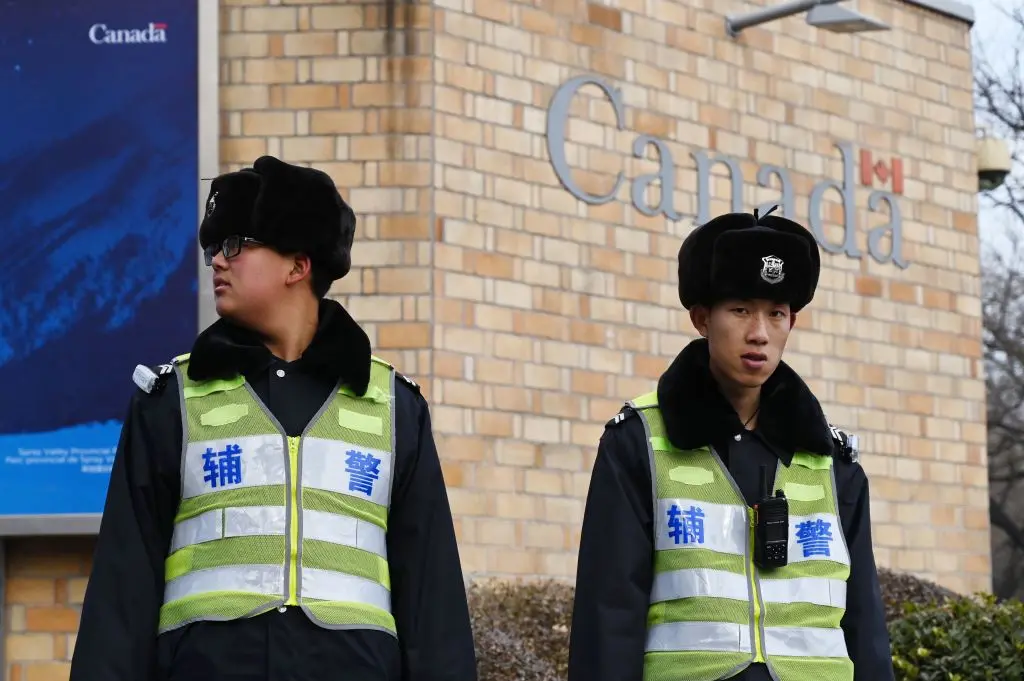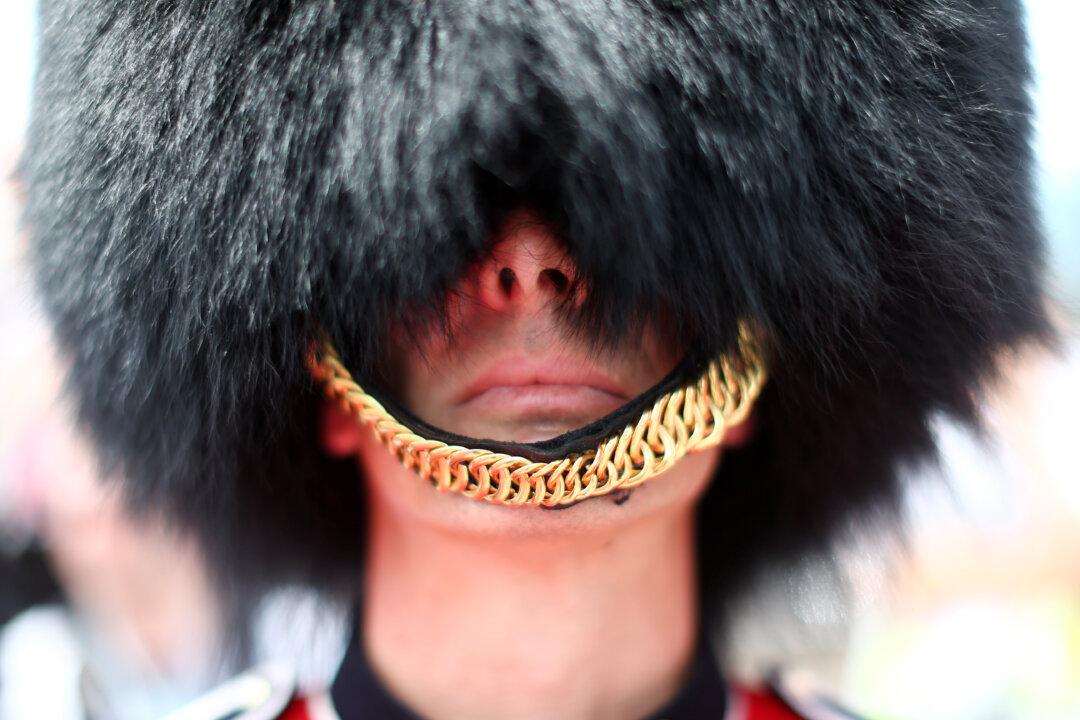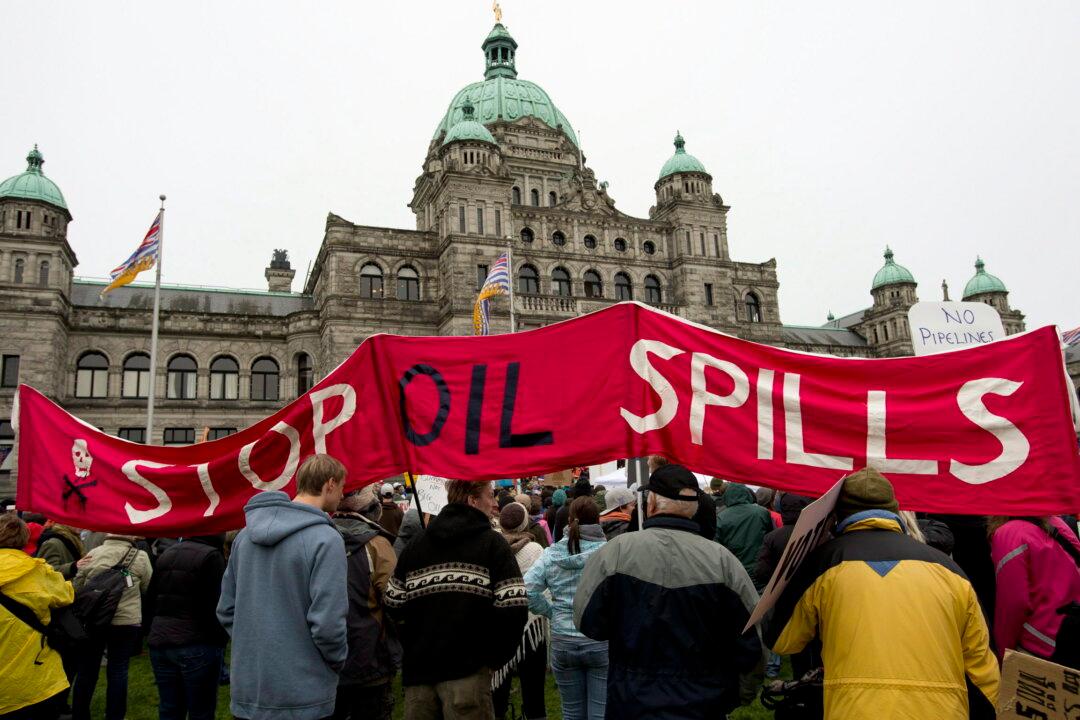Russia’s cynical, dishonest, and thuggish seizing of Crimea in defiance of international rules and its own treaty commitments is the greatest test the West has faced since the fall of the Berlin Wall.
As I read much of the commentary about the issue—the apologists for the primacy of Russia’s “sphere of influence” and the handwringing about the potential economic cost to the West of sanctions on Russia—it is becoming clear that many are confused about what is at stake and why. The spirit of Neville Chamberlain is abroad, he who famously remarked when Nazi Germany bullied its way into the Sudetenland, that it was “a quarrel in a faraway country between people of whom we know nothing.”
Chamberlain implied that our interests were only engaged when the people involved were close to us. I think he was wrong. The West’s interests are engaged when genuine democracy and freedom and the institutions that underpin them are threatened. By ignoring the principle that innocent nations cannot be carved up by stronger ones, Russia has signaled its unwillingness to be bound by civilized rules and that unwillingness in a nuclear state with a powerful military is a threat to everyone within its reach.
Whether Ukraine is our best friend and neighbor or a distant land of which we know little is immaterial. Ukrainians get to choose whether they look east or west or both for friends and allies. They also get to make those choices without those who perceive themselves as the losers unilaterally slicing off tasty bits of the country through invasion and votes at gunpoint.
Our interests are doubly engaged when the country trying to make these choices is groping its way, however imperfectly and haltingly, to join the West, with its foundational values of genuine democracy, the rule of law, constitutionalism, and individual liberty.
In the case of Crimea, our interests are not engaged in an unqualified way. Ukraine is not a NATO ally, nor is it fully and unambiguously in the Western camp. So while the violation of international law that Russian aggression represents is flagrant, it has not yet reached the level at which Western military intervention is justified.
But neither are we entitled to sit back and do nothing. With Canada in the lead, Western governments are properly beginning to lay out an escalating series of responses, beginning with ever more painful economic, trade, and visa sanctions, should Russia’s ambitions prove to reach beyond Crimea. And because the burden of sanctions falls more heavily on some members of the Western alliance than others, we must calibrate that burden carefully to bring the entire alliance along.
And bring it along we must, for the reason Crimea is such a test for the West is because if we are not willing to make sacrifices to protect our most basic values, they are not basic at all. Sanctions will hurt German manufacturers and British banks and European consumers. But freedom and the rule of law are both more valuable than prosperity and are its indispensable condition.
Thus it was that when Europe was engulfed by Nazism, the entire democratic world—Britain, America, Canada, Australia, New Zealand, and others—rose up and, at great cost to themselves, rescued Europe. Canada and America put costly military bases in Germany to guarantee that the Soviets could not invade without attacking us as well. Decades later, Western European leaders stood firm in support of the unpopular deployment of American cruise missiles, a policy that contributed to the fall of the Berlin Wall and a vast expansion of human freedom and dignity.
When we in the West act together in the face of such challenges we are the world’s hope for freedom and progress. A community of democracies devoted to the rule of law and the dignity and primacy of the individual cannot be indifferent to regimes that trample on those values. Russia’s behavior requires us to respond in a measured but resolute way, and to pay a price to show that we still have the clarity to see what matters and the will to protect it.
Brian Lee Crowley (twitter.com/brianleecrowley) is the managing director of the Macdonald-Laurier Institute, an independent nonpartisan public policy think tank in Ottawa. This article previously published in www.troymedia.com




